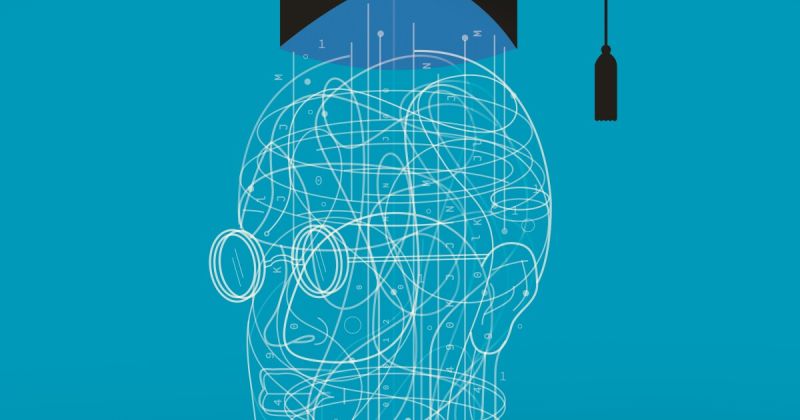Colleges Need to Prepare Student-Athletes for an AI-Driven Future, Economist Warns

In a rapidly changing world where artificial intelligence is reshaping industries, leading economist Tyler Cowen says that colleges must revamp their curriculums to ensure students — including student-athletes — are prepared for a future in which AI plays a central role.
Cowen, a professor at George Mason University, recently warned that too many students are being trained for careers where routine tasks are increasingly automated, leaving them ill-prepared for the evolving job market. For student-athletes, this shift could affect their future roles, whether they stay within the sports industry or pursue careers beyond the field.
He suggests that colleges focus on teaching how to interact with AI systems, understand their limitations, and oversee their work. “Up to one-third of the curriculum should be dedicated to this,” Cowen said in an interview with Business Insider. This would equip students with critical skills to thrive in a world where AI excels at routine tasks, such as answering questions and processing information, tasks that have historically been key in academic curriculums.
For student-athletes, this means shifting the focus from traditional knowledge-based learning to skill sets that will help them use AI to improve their training, game strategy, and even off-field business ventures. Cowen believes that colleges should stop teaching skills that AI can do better and focus on mentorship, critical thinking, and other human abilities that AI can’t replicate.
As AI continues to disrupt industries, including sports and the workforce, Cowen emphasized that it’s essential for universities to rethink how they prepare future professionals, including student-athletes. This shift could offer them more opportunities in emerging areas and help them adapt to a world in which their ability to collaborate with AI systems will be crucial.
Student-athletes, already adept at overcoming challenges and working in competitive environments, could have a significant advantage in learning to work alongside AI. By focusing on these skills now, colleges can ensure they remain not just competitive on the field, but also in the workforce of tomorrow.

